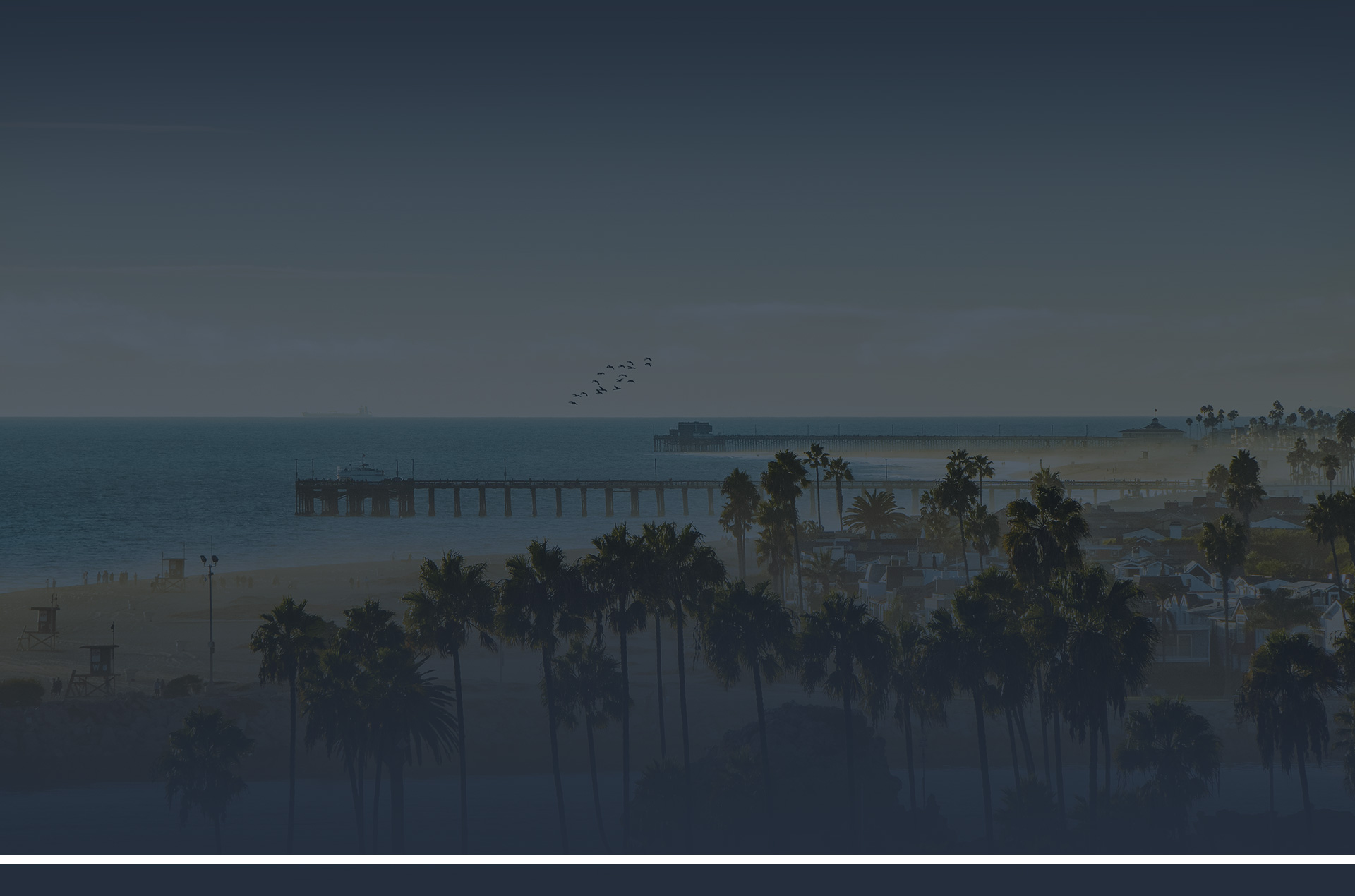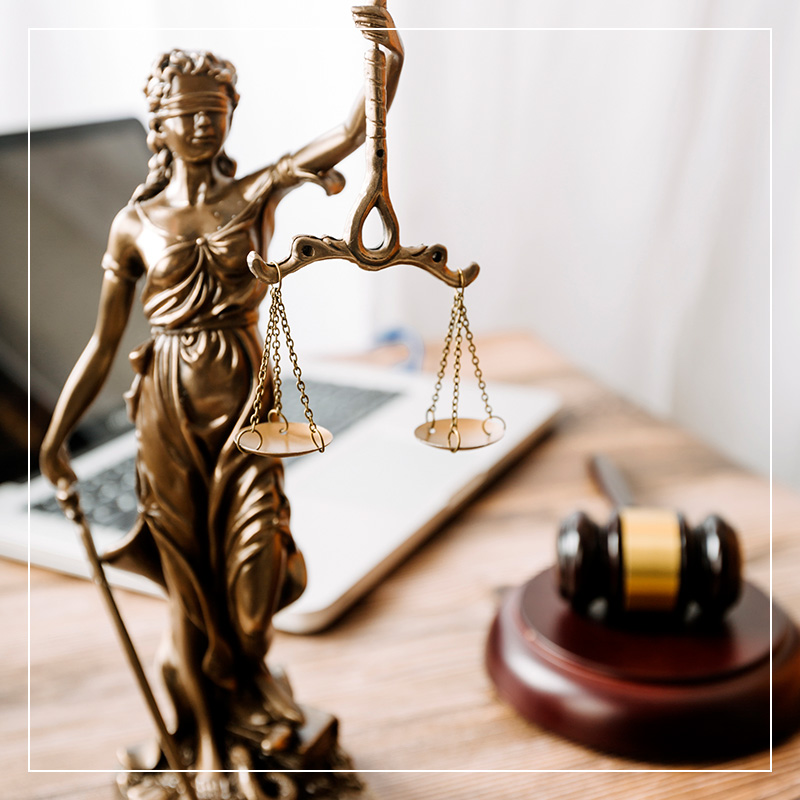California, known for its sunny weather and outdoor lifestyle, is a state where grilling is a popular pastime. However, due to the risk of wildfires and other safety concerns, the state has implemented strict regulations on the use of charcoal grills. This article aims to provide a comprehensive overview of these regulations, as well as tips on how to grill safely and legally in the Golden State.
Restrictions on Charcoal Grills
To curb the risk of wildfires, CA has placed restrictions on the use of charcoal grills. This includes a prohibition on grilling on apartment balconies, porch ceilings, and building exteriors. The California Fire Code also stipulates that BBQ grills are prohibited in certain areas.
Apartment complexes and parks might provide safer options for grilling. While you can bring a personal grill to a park, certain permits or restrictions may apply. Furthermore, national parks generally allow residents to bring their own grills for cooking, but it is important to adhere to the park rules.
Ban on Open Flames
When wildfire risks are high, CA may implement a ban on barbecuing in many areas. This includes charcoal and wood-burning barbecues, as well as campfires. Portable gas grills that are not approved for use in designated areas are also banned.
Ensuring Safety and Cleanliness
Regardless of the location, proper cleaning and disposal of coals or ashes is crucial. Failure to adhere to these rules can result in expulsion from the park or the creation of a fire hazard.
To ensure safety while grilling, it is recommended to prepare as much food as possible before heading to the park, store items in separate coolers to avoid cross-contamination, and use grilling gloves to prevent burns.
Considerations for Cottage Food Producers
Cottage food producers in California must comply with regulations set by the Department of Public Health. These regulations include the use of BBQ pits for cooking over coals in the ground, while charcoal grills use charcoal as fuel and produce a smoky flavor.
Local Fire Regulations
Local fire regulations and bans should be checked before starting a fire in your backyard. Recreational fires for cooking are permitted under certain regulations, using dry seasoned wood, LPG, natural gas, or proprietary barbecue fuel.
Health Concerns and Smoke Laws
Barbecue smoke contains carcinogenic Polycyclic Aromatic Hydrocarbons (PAHs) and ultrafine particles (UFPs) that can be harmful to health. To maintain a safe and pleasant environment and prevent fire hazards, CA has implemented smoke laws.
While grilling is a beloved activity in California, it is important to stay informed about the state's regulations to ensure safety and legality. By adhering to these guidelines, residents and visitors can continue to enjoy their grilling activities responsibly.
Penalties for Arson in CA
penalties for arson in CA are quite severe due to the potential life-threatening and destructive nature of the crime. As per California Penal Code § 451, an individual convicted of an act of arson can face a term of up to nine years in state prison, a fine of up to $10,000, or both a fine and imprisonment. The specific penalty can vary depending on the nature of the arson offense.
For instance, malicious arson of personal property could lead to up to three years in jail, while malicious arson of a structure or forest land could result in up to six years in jail. Arson of property is considered a felony offense that could lead to a sentence upwards of 16 months, two or three years in a State Prison.
Arson is a serious crime with severe consequences. If you are facing criminal charges contact Corrigan Welbourn Stokke, APLC.



